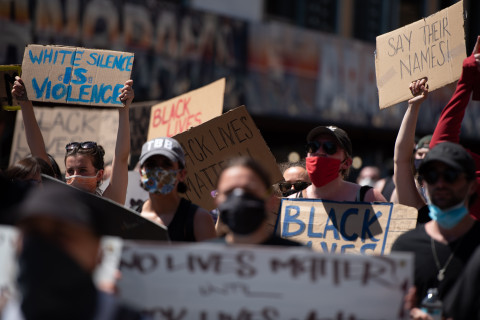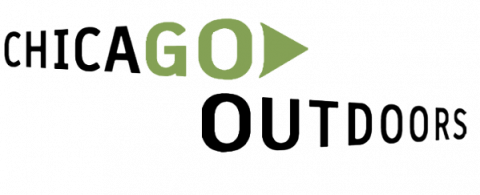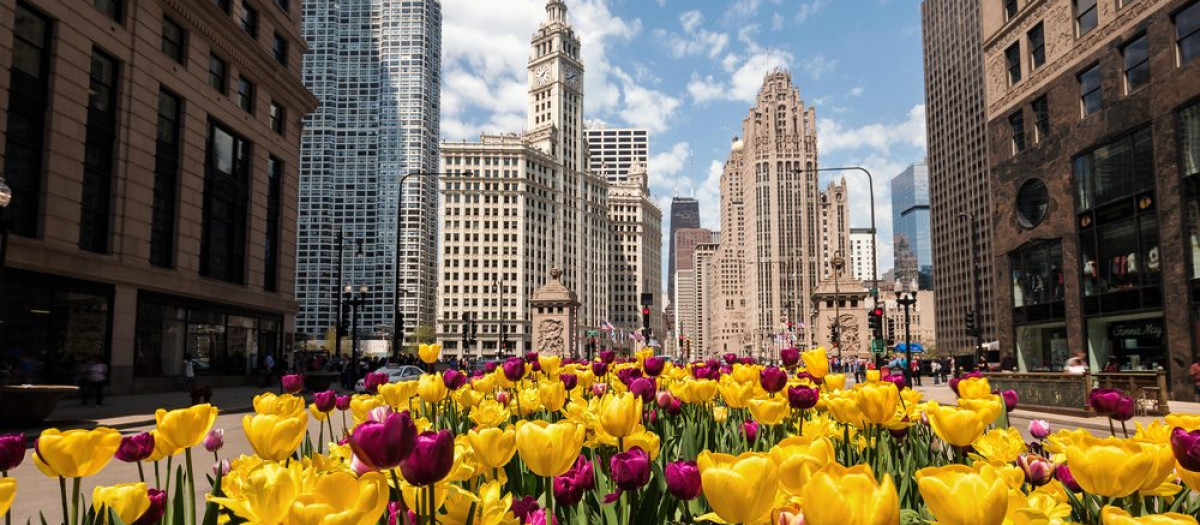In response to COVID-19, much of Chicago Studies' programming will continue to be virtual for Spring 2021; scheduling of in-person events subject to change based on public health conditions. See individual listings for more details and registration information.

2020 brought a series of crises to Chicago's collective experience: a new mayoral administration promising to challenge an entrenched city bureaucracy; the COVID-19 pandemic and related economic woes; an ever-worsening climate crisis and increasingly extreme weather; an increasingly toxic and unproductive political discourse all levels of society; and a long-overdue reckoning about systemic racism, accompanied by widespread protest and unrest. Our Spring Quarter programming, anchored by the final half of a distinguished lectures series, Chicago Futures, and a parallel series of Chicago Conversations, will explore the possibilities for change these forces have introduced into Chicago's future.

Chicago Futures will be supplemented by a new series, Chicago Outdoors, which explores the relationship between our world class city and the diverse ecosystems we inhabit with programming focused on all things urban nature. This series will cover a wide breadth of topics, from discussions on sustainability and climate change to outdoor adventures right here in the city! Join us for programming and events that consider the Chicago that yet may be, and the ways you can contribute to and even shape it.








